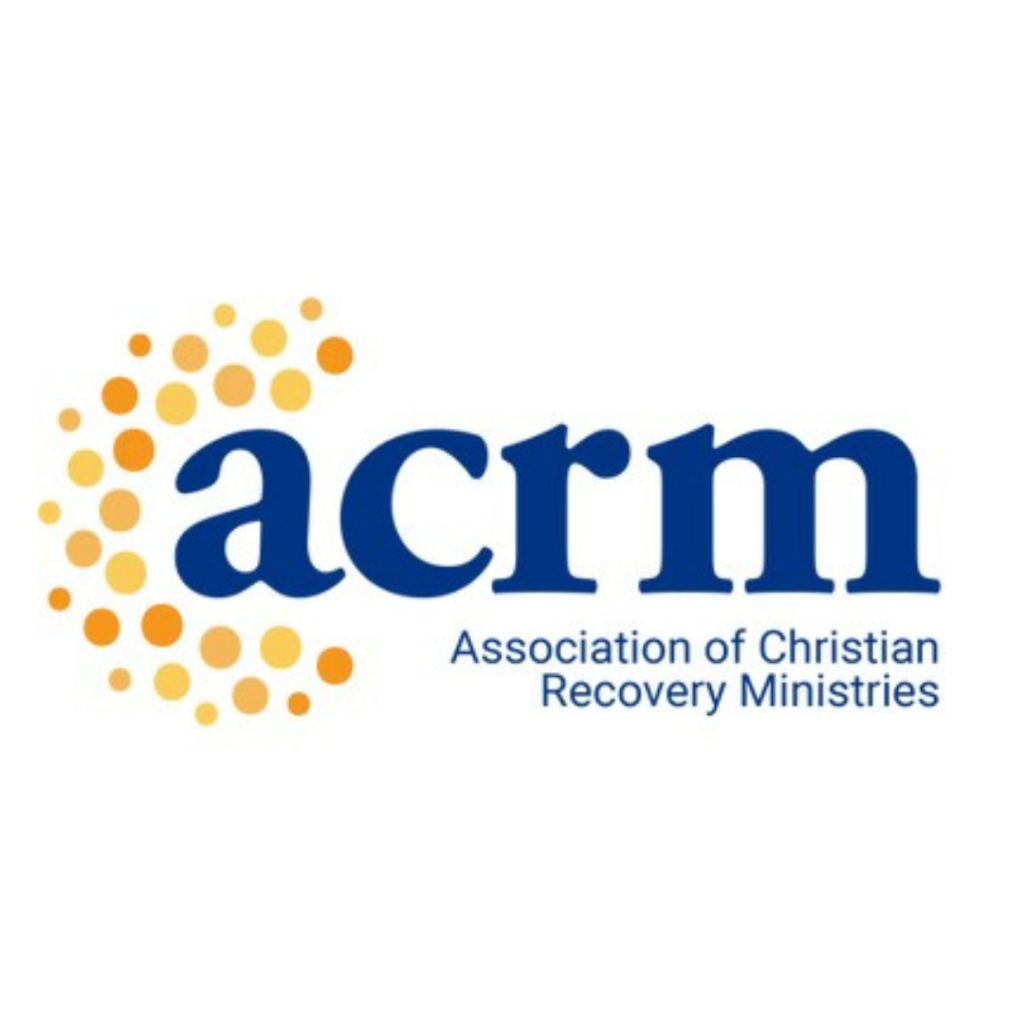Not sure but don’t think anyone ever as a child has made the statement, “When I grow up, I want to become an addict.”
Looking back over our lives from our first conscious memory till present, many might recall suffering from at least one or more of the forty-plus loss experiences:
Death of a spouse
Divorce
Marital separation
Imprisonment
Death of a close family member
Personal injury or illness
Marriage
Dismissal from work
Marital reconciliation
Retirement
Change in health of family member
Pregnancy
Sexual difficulties
Gain a new family member
Business readjustment
Change in financial state
Death of a close friend
Change to a different line of work
Change in frequency of arguments
Major mortgage
Foreclosure of mortgage or loan
Change in responsibilities at work
Child leaving home
Trouble with in-laws
Outstanding personal achievement
Spouse starts or stops work
Begin or end school
Change in living conditions
Revision of personal habits
Trouble with boss
Change in working hours or conditions
Change in residence
Change in schools
Change in recreation
Change in church activities
Change in social activities
Minor mortgage or loan
Change in sleeping habits
Change in number of family reunions
Change in eating habits
Vacation
Christmas
Minor violation of law
Loss of Trust, Loss of Approval, Loss of Safety and Loss of Control of my body
Most of us are guided by the following misinformation early on in regard to dealing with grief:
Don’t feel bad
Replace the loss
Grieve Alone
Just Takes Time
Be Strong for Others
Keep Busy
And therefore, many of us turn to one or more of the following Short-Term Energy Release Behaviors:
Food
Alcohol/Drugs
Anger
Exercise
Fantasy (movies, TV, books)
Isolation
Sex
Shopping (humorously called Retail Therapy)
Workaholism
And all too often, as a result, we find ourselves struggling with addiction. While addiction recovery is focused on treating disease, grief recovery is not. Grief recovery is the process of addressing and working through what may have led to our addiction.
In recent months, I’ve had the opportunity to ask several students at our local transitional home, Restoration Springs, “Can you trace the beginning of your addiction to one of the above losses?” and most have replied, “Yes.” Thus, should we choose addiction recovery or grief recovery? Personally, I believe both are key and go hand in hand. When short-term energy release behaviors result in long-term behaviors as seen in addiction, treating these as a disease is necessary. But why not treat the root of the problem as well?
Addiction is the fact or condition of being addicted to a particular substance, thing, or activity. As noted by the Substance Abuse and Mental Health Services Administration, “Addiction Recovery is a process of change through which individuals improve their health and wellness, live a self-directed life, and strive to reach their full potential.” while grief is a normal and natural reaction to loss. Grief is not pathological, and like addiction, should not be treated as such. What we need to focus on primarily in the grief recovery process is to discover and complete what was left emotionally unfinished prior to addiction and also, through the addiction. In short, the process of both addiction recovery and grief recovery could be described as not dragging “unfinished business” into the next phase of your life.
In closing, recovery, in general, is about becoming emotionally complete and beginning the next phase of your life with a fresh perspective. It is a return to a normal state of health, mind, or strength. If you or someone you know is interested in beginning the grief recovery process, you may find me at https://www.griefrecoverymethod.com/grms/dana-beavers.







